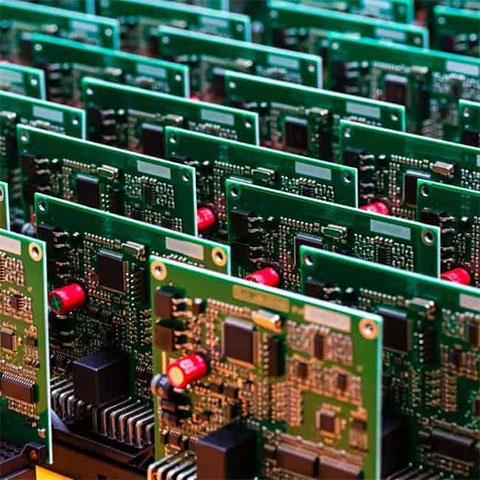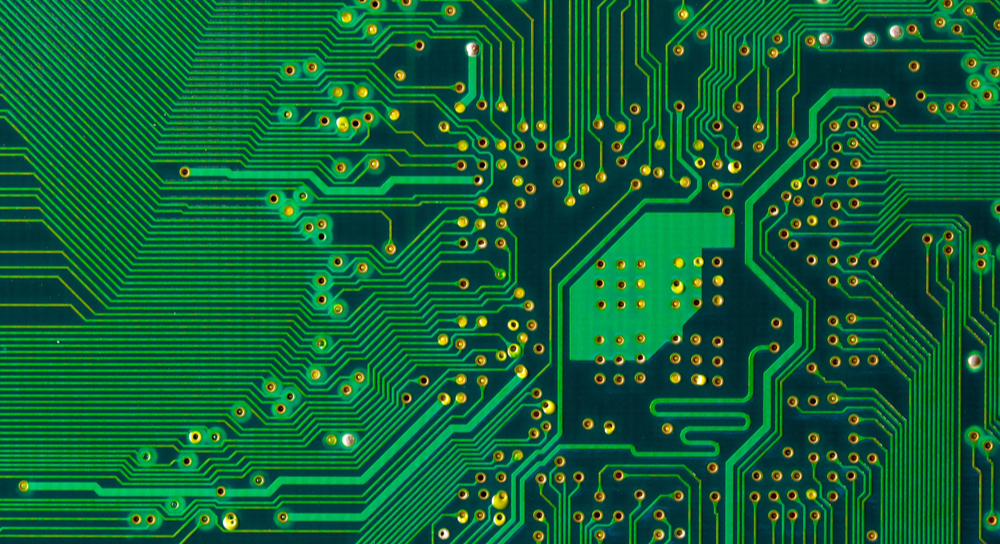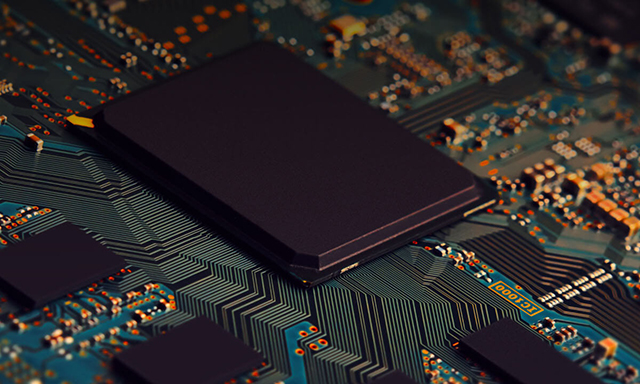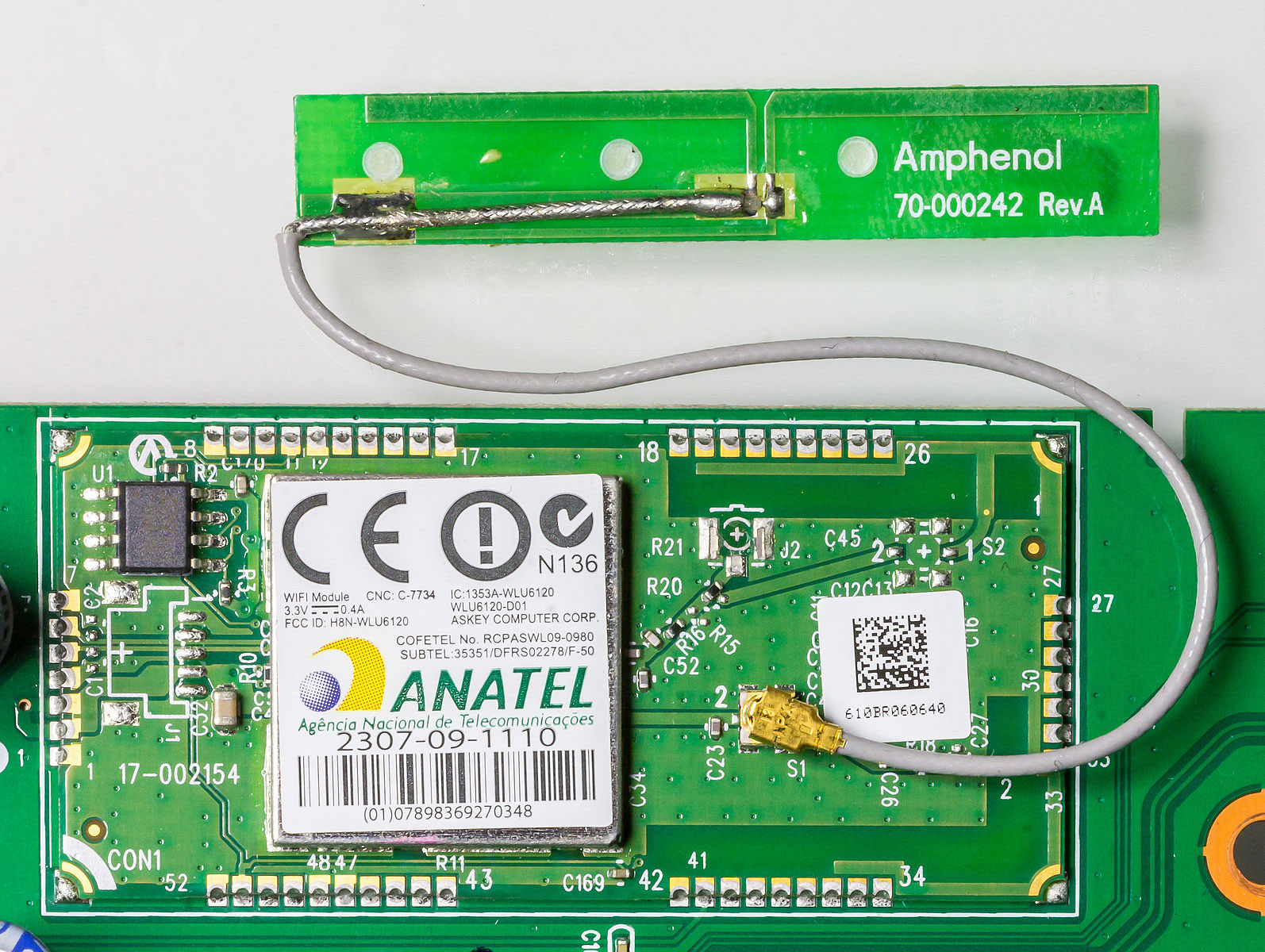 address:201, Factory 6, Longhui Industrial Park, Fuqiao 3rd District, Xinhe Community, Fuhai Street, Baoan District, Shenzhen china
address:201, Factory 6, Longhui Industrial Park, Fuqiao 3rd District, Xinhe Community, Fuhai Street, Baoan District, Shenzhen china
What is PCBA Industry: Technical Challenges and How It Has Been Evolved Over The Years?
Have you ever wondered what it takes to become a successful PCBA manufacturer? PCBA refers to assembling circuit boards mainly in which the chips are mounted and wired by machines.
This is why PCBA (or PCB) was also called automated or board-level manufacturing. It involves no human intervention other than using machines like reflow ovens, pick-and-place machines, reworks stations, etc.
There are many avenues and options for outsourcing your product components like plastic boards or PCBs. Choosing the right one can be a significant deciding factor in how well your product is manufactured, but what factors should you consider?
Key Industry Drivers of PCBA
The PCBA industry has been growing steadily over the last couple of years, but even so, it is still a very new industry. It's a rapidly emerging segment picking up steam and showing incredible potential.
The industry's growth is driven by two main factors: technology and consumer demand. Technology is advancing at an incredible rate. As time goes on, there will be more and more opportunities for PCBA manufacturers to create ever more sophisticated devices and for consumers to purchase them.
Consumers are also driving PCBA growth; as the devices on offer become more complex and the possibilities for customization become endless, consumers are becoming increasingly likely to purchase goods with built-in upgrades that allow them to install their personal touch.
The main drivers behind this growth are the technological advancements in the electronics industry and the massive demand for more devices and gadgets. These electronics include cell phones, laptops, tablets, gaming consoles, etc.
For example, cell phones from one year ago are already considered "outdated" by today's standards. This means that PCBA manufacturers have to keep up with the fast pace of development to meet the growing demand for new products in a short time frame.
Key Technical Challenges that PCB Manufacturers Face
There are many challenges that PCB manufacturers face. To help you understand these challenges, we have listed out some of the top five critical technical challenges:
High-Speed Signal Integrity and Timing Closure
Semiconductor manufacturers have been pushing the limits of transistor scaling for many years. But as nodes shrink, the limits of Moore's law are being reached, and the cost of transistors is increasing.
One such technology is high-speed interconnects (HSI). HSI technologies have been around for over a decade but have not been widely adopted because they were considered too expensive or difficult to implement.
However, recent advances in materials science, lithography technology, and packaging solutions have made HSI more attractive by reducing costs and increasing reliability and signal integrity.
In addition to these advances in technology, there has been a change in mindset regarding how we approach manufacturing these devices.
Historically, PCBA manufacturers would treat HSI devices like any other component in their designs, with little consideration given to how they were manufactured.
But as we move towards smaller footprints, our options become limited, and we need to rethink how we design our products if we want them to work reliably at high speeds over long distances.
Board Level Reliability (BFR)
A board-level reliability test, also known as a burn-in test, is used to verify the functionality of an electronic system before it is shipped.
The process involves testing each system component and assembling all elements to ensure that they work correctly when connected.
This type of test aims to identify any problems before shipping so that companies can save time and money by fixing problems at the board level instead of sending out defective products.
Surface Mount Technology (SMT)
Surface mount technology refers to soldering electronic components onto printed circuit boards (PCBs). This method involves placing pieces on one side of a PCB and then bonding them with solder on the other side.
SMT offers several advantages over through-hole technology, including smaller size, better heat dissipation, and lower manufacturing costs due to fewer parts needed for assembly compared with through-hole technology.
However, some challenges are associated with using SMT, such as the increased risk of solder bridges and increased risk of thermal stress cracking if not designed correctly or damaged during handling or assembly, which can lead to high BFR rates since many SMT devices are directly exposed.
Semiconductor Failure Analysis and Root Cause Troubleshooting
Semiconductor failure analysis is essential for quality, reliability, and yield improvement. Understanding and eliminating the root causes of failure is critical to product reliability, especially for high-performance components such as processors or memory chips.
The PCBA industry has seen a sharp increase in semiconductor failures over the past few years due to the increased use of advanced technologies such as 3D NAND flash memory and FinFET transistors.
This trend is expected to continue as more complex devices are manufactured at smaller process nodes with finer geometries, which increases the complexity of manufacturing processes.
As process complexity increases, so do the chances of defects during wafer processing (such as electromigration), affecting yield and device performance if not adequately addressed during failure analysis.

Solder Joint Reliability
PCBA manufacturers must ensure that the solder joints are reliable, which is a difficult task. Applying solder to the through-hole components is known as reflow soldering, which is an automated process that can be affected by several factors.
These factors include the quality of the solder paste and its dispersion in the board, the temperature profile during reflow soldering, and how well the components are aligned with their respective pads.
Quality control becomes very important during this stage because if any one of these variables goes wrong, it will affect the reliability of your product.
Evolution of PCBA Manufacturing
In a friendly tone: It's hard to believe how much the world has changed in the last century. Technology is more sophisticated than ever before, with equipment that used to be considered cutting edge being replaced by even newer technology in no time at all.
The PCBA industry has evolved similarly, shifting from performing current manufacturing processes manually to utilizing sophisticated automated systems.
The first step in producing circuit boards was creating a mask for each layer. The show was used to etch out the board's traces and other design elements.
After this was completed, the board was covered with solder paste and heated to melt the solder. Once cooled, the mask could be removed by washing off any remaining residue.
In recent years, automated systems have been developed that simplify this process substantially. The etching process is now done using UV-based lasers or chemical plasma, resulting in higher quality boards and increased efficiency thanks to quicker processing times.
These machines can also perform several steps simultaneously, including applying solder paste before etching and removing it. However, some companies still find it more effective to do these steps manually.
Technology Trends in PCBA Assembly
The trend is changing, and the PCBA industry is soon to follow. The next three years will see a lot of changes in how PCBA companies take on the assembly process.
The technology out there for PCBA companies is getting better and more cost-effective, and the software is now starting to catch up with that progress, making the whole process faster and more intuitive.
This means less work for PCBA companies because they don't have to do as much by hand, which allows them to be more efficient without having as many employees.
It also means that most of the work can be done at home or in small offices, making it possible for a wider variety of people to get involved in the assembly process. This could mean a considerable change in what jobs are available, who holds them, and how they're compensated.
How to Start a Business in the PCBA Industry?
If you're looking to break into the industry, you might have a few questions. Where do you start? How do you know if it's right for you? What are the best ways to get started?
-If you want to start a business in the PCBA industry, you'll need patience and dedication. To get started, you'll have to find a place where you can work from.
Once you find a place, it's time to subdue your competitors and make your brand known. Finally, once your business is up and running, try not to forget the most important thing: customer service!
If a customer is not satisfied with their product or it doesn't work correctly when they receive it, they will be quick to write a review on your website or social media page.
If many people are writing bad reviews about how your products don't work as well as they should, this will hurt your business in the long run. Ensure that everything is working properly before shipping it out so that customers aren't coming back saying that the product didn't work!
Why Should You Invest in a Professional PCBA Manufacturer?
We have all heard about outsourcing. So, why should we outsource our PCBA production to professional companies? Because this is what they do best. They have critical competence and knowledge in the field of PCB assembly. Not only that, but they can keep up with ever-changing trends. It is their job!
In addition, they have the latest equipment and tools to deliver high-quality products. They also have an extensive network of suppliers and vendors, enabling them to provide quick delivery time.
Like any other profession, it comes with experience. A simple job can be offloaded to an amateur, while more complex jobs are left to a professional.
For example, if you need your PCBs assembled in China, it would be best to find a professional one because you would want your products created by an experienced team of people who have been doing this for many years already.
As said before, it is their job. They know how to do it better than you do. You will benefit from their expertise and experience if you hire them immediately!
Final Thoughts
PCBA industry has been struggling over the past several years. Companies must choose whether they remain in the market or go out of it.
The good thing is that PCBA services have emerged in parallel with the maturation of the electronics industry, and this is undoubtedly a promising breakthrough. It is expected that PCBA services will lead to new investments in the sector and help increase productivity by reducing undesirable costs.
One thing is for sure, and the PCBA industry looks to be an exciting one. Whether you're just starting or a veteran in this niche, there are plenty of ways to make money and build something fantastic, no matter what side of the table you happen to be sitting on.
-
No comment












 tel:+86-18825224069
tel:+86-18825224069 email:
email:





















